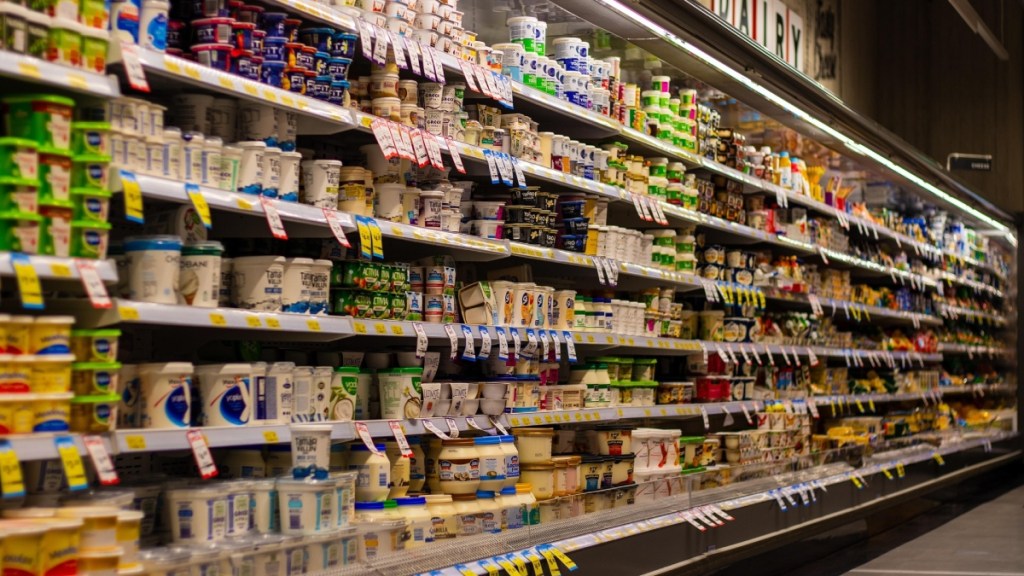In what could be good news for businesses, the Department of Consumer Affairs reportedly allowed manufacturers to revise the Maximum Retail Price (MRP) on unsold stock using stickers following changes in GST rates. This is as per a report by The Economic Times.
The decision will help manufacturers, packers, and importers of pre-packaged commodities adjust prices on goods produced or imported before the latest GST revisions came into effect.
How the revised MRP can be displayed
According to the ET report, companies can declare the revised price by stamping, using a sticker, or through online printing. However, the original MRP must remain visible and cannot be overwritten.
The difference between the old and new price must also reflect only the extent of the tax increase or decrease.
Companies must advertise revised prices: Report
ET report noted that the government has directed companies to make at least two advertisements in one or more newspapers. They also need to inform dealers, the Director of Legal Metrology in the Central Government, and Controllers of Legal Metrology in states and union territories about the price changes.
This permission to revise MRPs will remain valid until December 31, 2025, or until the stock is cleared, whichever comes first.
Companies were seeking more time for transition
According to ET, Consumer goods companies were asking for more time to implement the changes, citing logistical issues in managing old inventory. Many firms also wanted clarity on whether they could pass on tax cuts through higher grammage, particularly in small-value packs.
Distributors, too, were waiting for guidance from FMCG companies on how to handle unsold inventory before the new slabs kicked in. With the festive season approaching, many firms had already increased production and built up extra stock, especially of gifting packs.
The report highlights, industry executives recalled that during the first GST rollout in 2017, the National Anti-Profiteering Authority had raised tax demands on several companies for not passing on benefits to consumers.
However, companies like Hindustan Unilever, Procter & Gamble and L’Oréal had earlier also passed on benefits by increasing the weight of products instead of changing price points like Rs 10 or Rs 20, which are popular among consumers.

